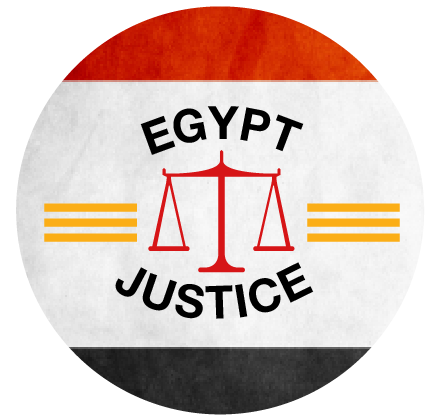Freedom of Religion and the Constitution in Egypt: The Distinction Between Belief and Practice, and Protecting Religion and Government from Each Other
/Understanding freedom of religion in Egypt requires understanding the distinction drawn by its courts between belief and practice. The Supreme Constitutional Court seeks to strike a balance between the two—and to protect religion and government from each other.
In Egypt, by both culture and constitutional law, religion and state are inextricably intertwined. Religion shapes government, and government shapes religion, posing fundamental challenges to both.
Religion governs human behavior through conscience, from the inside out. Governments control human behavior through coercion, from the outside in.
When the two opposite (but not necessarily opposing) forms of governance are structurally mixed, with the inevitable result that each influences the other, the obvious potential exists for them to be mutually corrupting. In Egypt, the question arises of whether the coercive power of government in regulating the practice and affairs of religion, including religious expression, will effectively secularize religion. On the other hand, will religion, or at least religious law, require the government to do things its leaders would otherwise prefer to avoid?
The greater question is who decides? Who has both sufficient enforcement power over government and sufficient respect within the religious community to effectively referee the contest between religious conscience and government coercion? In Egypt, the answer is the justices of the Supreme Constitutional Court (SCC).
So begins the chapter I authored in a recently published book, edited by Alessandro Ferrari and James Toronto, Religions and Constitutional Transitions in the Muslim Mediterranean: The Pluralistic Moment (London: Routledge, 2017).
The chapter explores the constitutional provisions framing religious freedom issues in Egypt, some examples of government and judicial regulation of the practice of religion, and the jurisprudence of the SCC, which to date has been an exercise in creative balance. Finally, to most starkly frame the interplay between law and religion in Egypt, two case studies are examined involving the issue of apostasy from Islam.
Link to the full chapter: "Freedom of Religion and the Constitution in Egypt: The Distinction Between Belief and Practice, and Protecting Religion and Government from Each Other"
Even if you do not read the entire chapter, I hope you read at least the first three pages about the constitutional framework, and the concluding four paragraphs describing a potential constitutional path forward.

